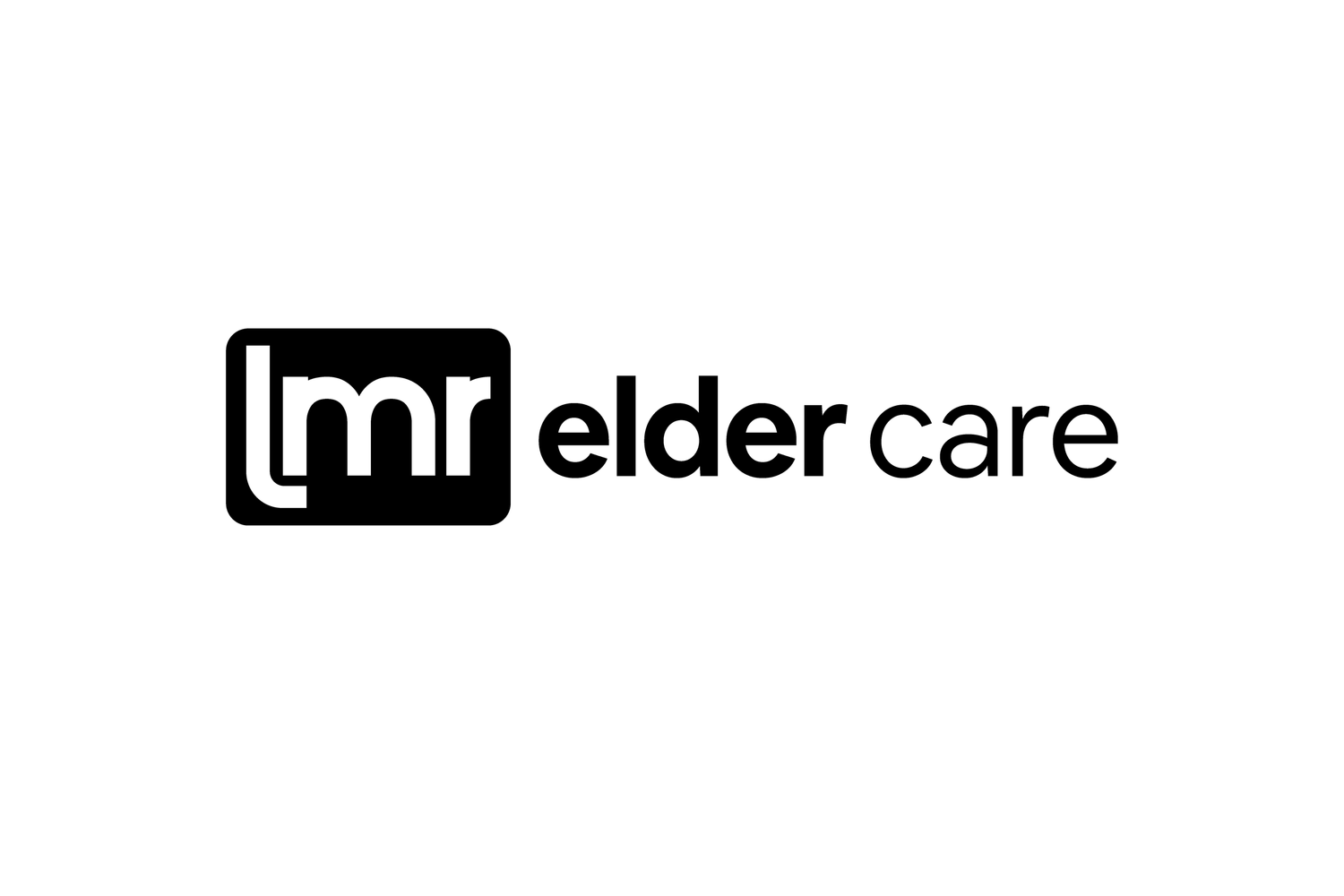Thoughts | Updates | Events
Hope For a Sharper Mind
By Guest Blogger: Lisa Feiner
Until recently, it was thought that we were born with all the brain cells we would ever have, and they were slowly lost over time as we aged. Research shows, however, that the brain is neuroplastic and neurogenerative, able to continue learning and growing new connections. When the brain receives the right nutrition, enough mental stimulation, nourishing friendships, exercise, and sound sleep, and is also protected from trauma, prolonged stress, toxins and infection, it thrives. And we now have a good idea about how to keep it thriving throughout our lifespans.
According to the CDC, dementia is not an inevitable part of aging[1], and yet Alzheimer’s and other types of dementia cases continue to rise, even in younger age groups. A recent Blue Cross Blue Shield study reported a 373% increase in diagnoses of early onset dementia and Alzheimer’s disease among 30 to 44 year-olds, and an overall 200% increase in those aged 30-64.[2] How can this be? The nonprofit, Sharp Again Naturally (SAN), has identified more than 10 reasons our cognition can start to falter, and the seeds are often sown decades before symptoms appear. Reasons may include poor diet, a sedentary lifestyle, low hormone levels, heavy metals, prescription drugs, emotional and physical trauma, and more.
Some people, including doctors, will tell patients that nothing can be done to treat Alzheimer’s disease or mild cognitive impairment, and to go home and get their affairs in order. A prescription may be offered to help slow the disease for a few months. There is more that we can do. There are now protocols that for many people can preserve and/or restore partial, if not full, cognition. Studies are ongoing and several books have been written about this new multi-modal approach: instead of one drug, a combination of lifestyle changes, supplements, and other interventions are used.
Family members, close friends, co-workers and even neighbors are often in the best position to notice when someone is having memory issues. For example, they see that bills aren’t being paid or past experiences and conversations are not being recalled. There may be a change in personal habits, such as more frequent purchases from a home shopping network or lists being posted throughout the home. Memory problems usually appear slowly and worsen gradually, but often the person him or herself starts to realize that they are having frequent lapses. It is at this stage that interventions can be most helpful.
A professional case manager, such as LMR Elder Care, works with families and individuals and often sees people who are at various stages along the dementia journey. In fact, it is not uncommon for the caregiver of someone with dementia to begin to suffer memory issues too. We know that caregivers who are caring for someone with dementia are six times more likely to develop dementia themselves.[3] The objective professional is in a unique position to holistically evaluate what is happening and refer the family to appropriate resources. That is why it’s essential for all of us to understand that memory loss should be addressed as it may be treatable, and to seek help as early as possible. We all deserve to live a full life with our minds intact.
Lisa Feiner, MBA, M.Ed. is a Board Certified Health and Wellness Coach and a founder of Sharp Again Naturally. SAN educates people about the causes of memory loss and offers tools to preserve brain health (sharpagain.org).
Citations:
[1] www.cdc.gov/aging/publications/features/dementia-not-normal-aging.html
[2] https://www.bcbs.com/the-health-of-america/reports/early-onset-dementia-alzheimers-disease-affecting-younger-american-adults
[3] https://www.sciencenews.org/article/caring-spouse-dementia-leaves-caregiver-risk

